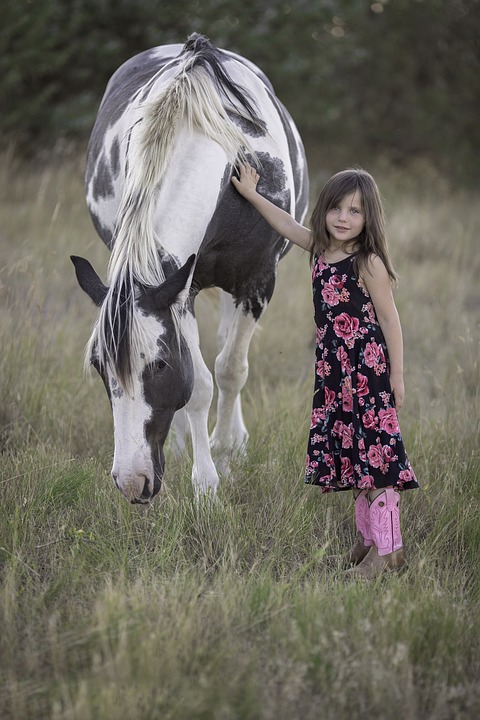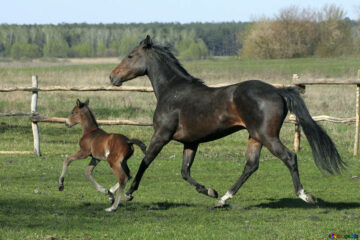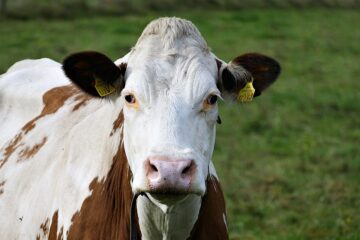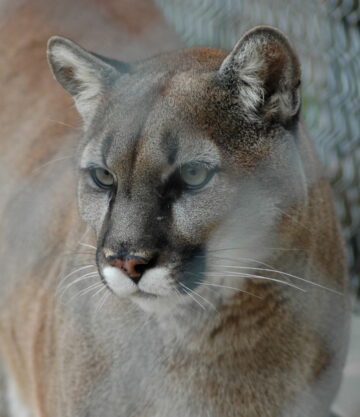Horse Health in the Summer
Global warming is wreaking havoc. In spite of the lower temperatures in parts of Canada, 2018 experienced the third warmest April in 138 years of modern record-keeping. Equine specialists urge horse owners to be cautious about horse health in the summer months. Temperatures are expected to be hot and dry this summer. As the summer heats up, insect activity and parasites reach their peak.
Your horses bring you so much pride and pleasure. Summer is such a ideal time to own horses. It is, however, especially important at this time of year, to be a good guardian of their health.
Hydration and Hot Weather
Horses should always be well hydrated in hot weather. Most horses drink between five and 15 gallons of water a day. Horses that are fed a diet of dry feeds, will consume more water than those horses eating from a pasture. Always be sure to have a cool, clean water source available for your horses to drink.
One way to tell if your horse is getting too dehydrated is to look at his eyes and see if they appear dull or sunken. A conscientious owner who knows their horse, will easily notice the difference in his eyes. Another way to check for dehydration is to raise your horse’s lip and press your thumb against their gums to make a white spot, then release it. If it takes longer than five seconds for the blood to return, the horse may be dehydrated. It should be offered water immediately. If a horse ever refuses to drink, contact your veterinarian right away.
Sweat and Stress
Horses that work hard during hot weather will lose electrolytes. Horses have sweat glands all over their body. A horse’s normal cooling system works by opening the blood vessels on the surface of the skin in order to emit heat from the circulatory system. After that, they begin to sweat to increase cooling from the evaporation of perspiration.
Exercise in extreme heat will increase your horses stress. Hosing down your horse and then drying him will cool him down in very hot weather. Horses should have access to a salt block during hot weather because they typically don’t get enough sodium or chloride in the grass and hay they eat.
Many horse owners use fans in their barns to keep air moving over their horses to help them lose some body heat. Most horses, even those working very hard, will recover quickly if given rest, shade, good feed, and an abundance of fresh water.
If your horse is not sweating or drinking, breathing rapidly, a “thready” pulse and high temperature, a veterinarian should be contacted immediately. Heat exhaustion or heat stress is a serious condition that is potentially life-threatening to your horses.
Pastures and Parasites
If you do believe in vaccinations, be sure to stay up-to-date, and be vigilant about parasite control. Summer is the most active time for parasite transmission. Horses out on pasture are particularly at risk. Horses in stalls are vulnerable to parasite infestation because of exposure to manure and flies. Your veterinarian can offer you a parasite management program.
Samuel Riddle …for there is no other feeling in the world to compare with it, if one loves a great horse. It gives a thrill that nothing else ever can. It cannot be put into words, because words can never express it.
I thought he expressed it rather well!




